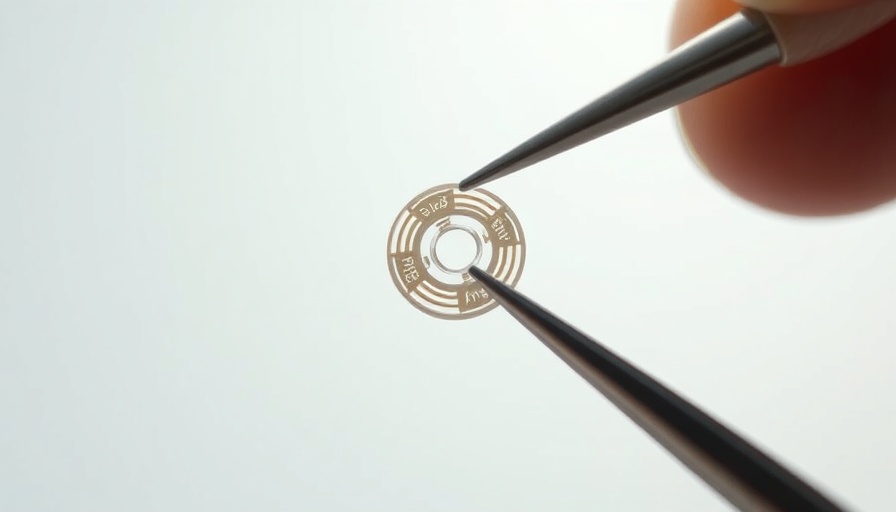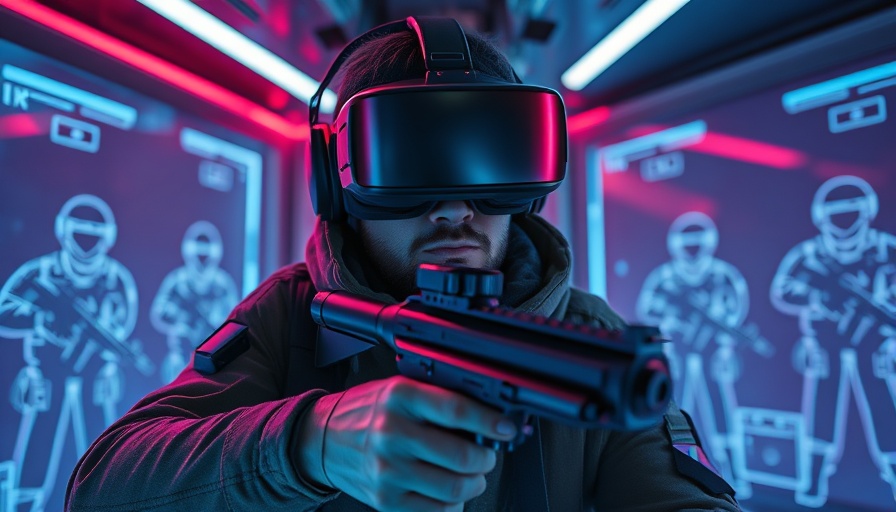
Inbrain: The Focused Challenger to Neuralink's Dreams
Elon Musk’s Neuralink often steals the spotlight with its bold ambitions for brain-computer interfaces (BCIs), aiming for enhancements that sound straight out of a science fiction novel. Musk dreams of using technology to allow people to control devices with their minds or even download their memories. Yet, amidst this whirlwind of futuristic speculation, a quieter yet determined competitor, Inbrain Neuroelectronics, declares its focus is purely on health benefits and therapeutic applications.
A Mission Grounded in Reality
Carolina Aguilar, CEO and co-founder of Inbrain, has been clear: the company will "never go beyond therapeutic applications." This stance sets Inbrain apart from Neuralink, which sometimes ventures into realms that encompass human enhancement and even entertainment. The priority for Inbrain lies within the practicalities of improving brain health, targeting neurological diseases as its primary mission.
Graphene’s Role in the Future of BCIs
Where Inbrain's approach truly stands out is in its utilization of graphene, often referred to as a "wonder material." This ultra-thin and strong substance conducts electricity exceptionally well without degrading, offering a promising alternative to metals and polymers traditionally used in BCIs. Compared to Neuralink and others, Inbrain’s potential applications could be less invasive and lead to safer, more efficient treatments.
Why This Matters
The diverging paths of these two companies underscore a broader discussion within the field of biotechnology: Should we prioritize therapy and health improvement, or should we chase the dream of enhanced human abilities? Inbrain's commitment to healthcare may resonate with many consumers and patients seeking solutions for debilitating conditions. As advancements in BCI technologies continue, the ramifications of these contrasting philosophies will shape not only the companies but also the lives of individuals they aim to serve.
 Add Row
Add Row  Add Element
Add Element 


 Add Row
Add Row  Add
Add 

Write A Comment